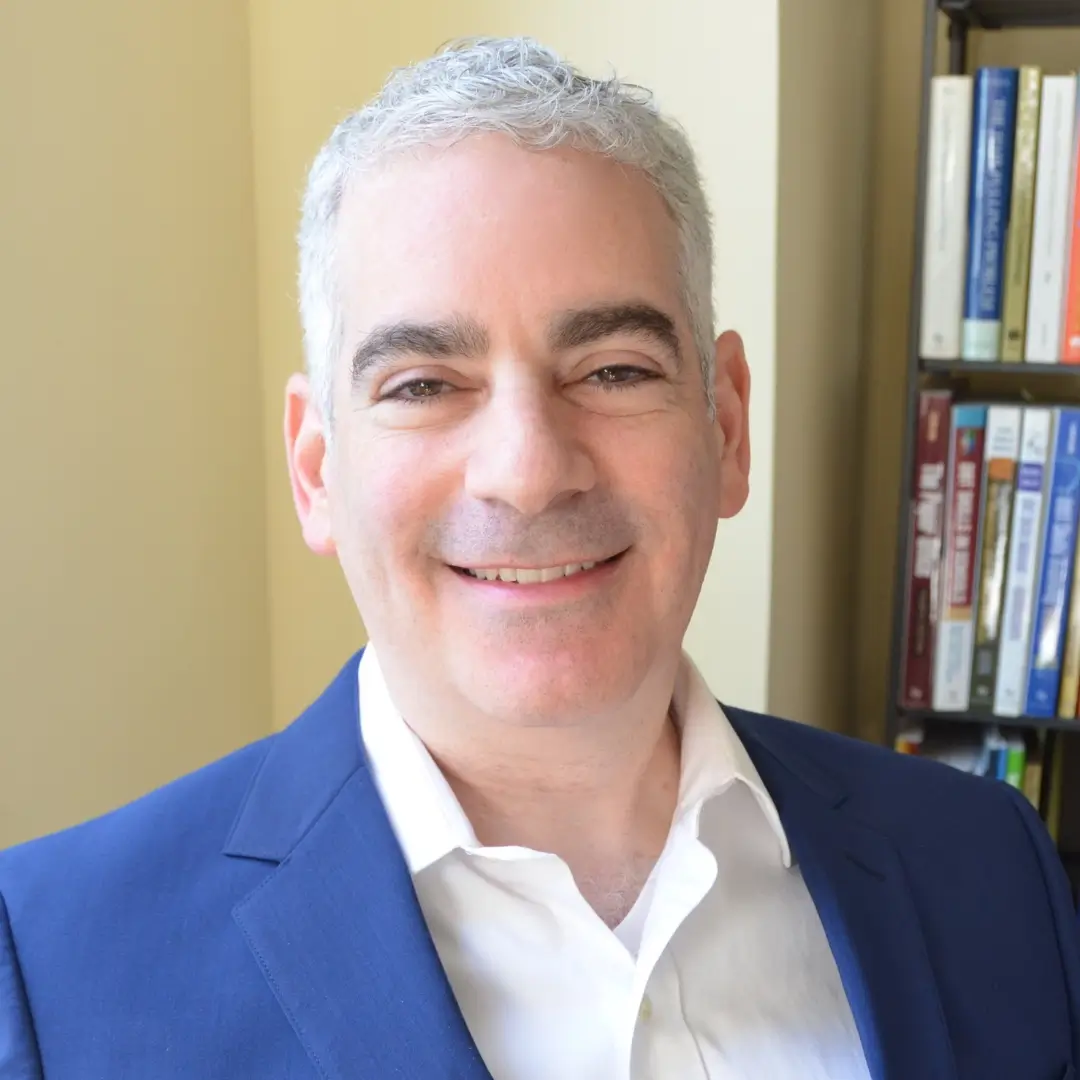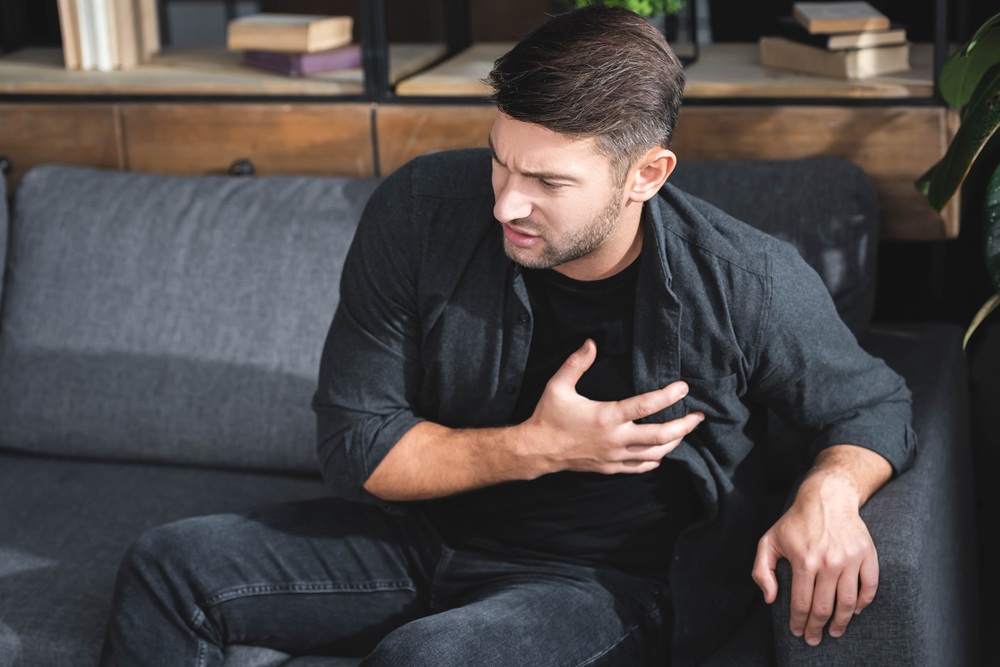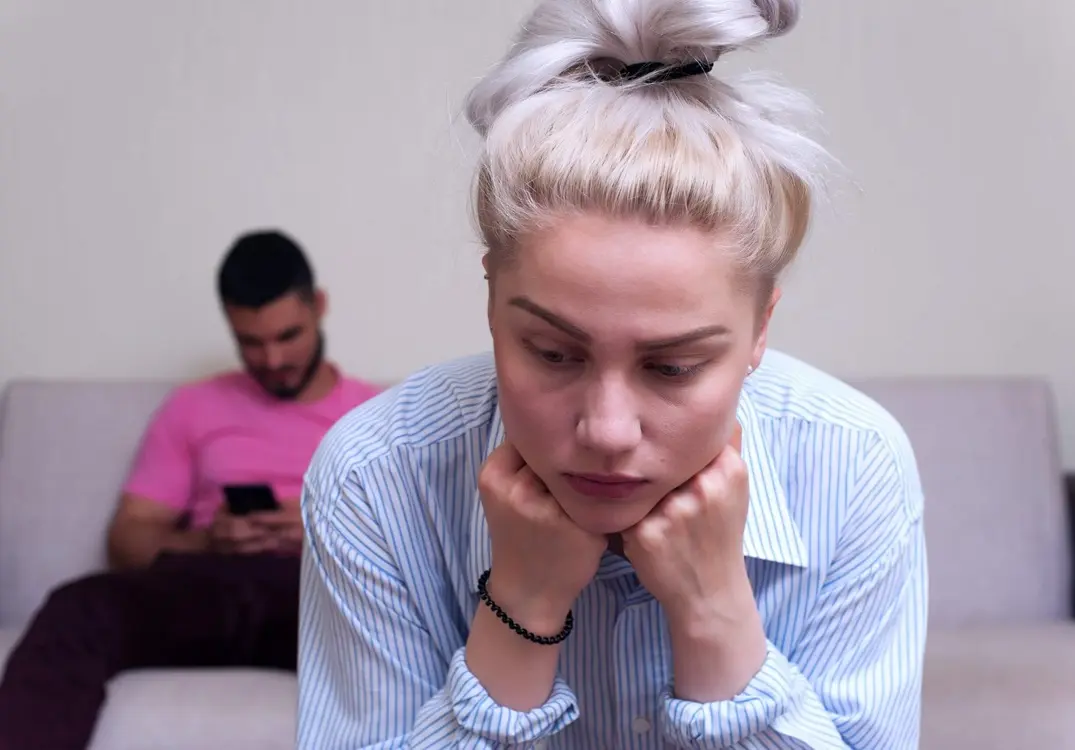It used to be easier to determine how much hand washing was excessive — but the COVID pandemic changed that. So what makes sense now?
In the early months of COVID in the United States, health authorities constantly reminded the public to wash their hands often, and well. Indeed, the CDC still reminds us that “Keeping hands clean is one of the most important steps we can take to avoid getting sick and spreading germs to others.” Given the fear of the deadly virus, most Americans were eager to comply. But many wondered at times, “am I overdoing it?”
Now that many Americans have been vaccinated, guidance on the importance of hand washing is evolving. It remains an important tool for those who have not yet received a COVID vaccine. However, overwashing your hands can be a sign of obsessive-compulsive disorder (OCD).
Excessive Hand Washing and OCD
Many people with OCD engage in repetitive hand washing. This habit can become excessive, at times resulting in raw and broken skin. There are two ways that hand washing can get out of control: 1) time spent washing, and 2) frequency of washing.
Excessive hand washing may be the most common observable symptom of OCD, and is probably the behavior most commonly associated with it. But how much is too much? Many people with OCD become quite comfortable washing their hands dozens of times per day. However, the frequency can sometimes escalate even beyond that, becoming a real impediment to living a “normal” life.
By the time people with compulsive hand washing seek help, they often say that they have forgotten how often a “normal” person will wash their hands.
Hand Washing Recommendations
A good guideline for typical hand washing situations is as follows: after using the restroom, before inserting contact lenses, before preparing food, after touching pets, pet food, or garbage, and before eating. (See more comprehensive list, below.) Since the pandemic hit in 2020, we’ve learned that it’s also helpful to wash your hands after shaking someone’s hand.
There is no one magic number of times that defines the limit of “reasonable” hand washing. The appropriate number per day depends on what you do during the day. For example, if you use the restroom more (or less) often than most people, your hand washing should change accordingly. However, in our experience treating OCD, if you’re washing your hands more than ten or fifteen times a day, it may be worth consulting with an OCD specialist.
A good guideline for the typical length of time it takes to wash one’s hands is twenty seconds. This includes time to wet your hands and apply soap. If you or someone you know is washing in excess of this, it may be helpful to get a consultation with a professional. This is especially true if the habit is getting in the way of leading your (or their) life.
The Centers for Disease Control and Prevention offer some useful guidelines on hand washing. Remember, though: if they recommend to wash for 20 seconds, that does not mean that 60 seconds must three times as good!
From www.cdc.gov/handwashing:
When Should You Wash Your Hands?
- Before, during, and after preparing food
- Before eating food
- After using the toilet
- Before and after caring for someone who is sick
- Before and after treating a cut or wound
- After shaking hands with someone
What to Do If You’re Overwashing
Washing your hands too much might seem like a minor inconvenience (or even a good idea). However, it can worsen over time and create bigger problems. Treatment for OCD patients who wash their hands too much often involves cognitive-behavioral therapy, or CBT. (Learn about the specific type of CBT that’s helpful for OCD.) If you think you might benefit from this type of professional help, please feel free to contact us.
Subscribe to the Manhattan Center for Cognitive-Behavioral Therapy blog!









